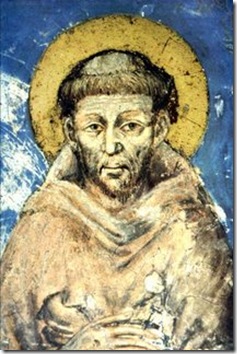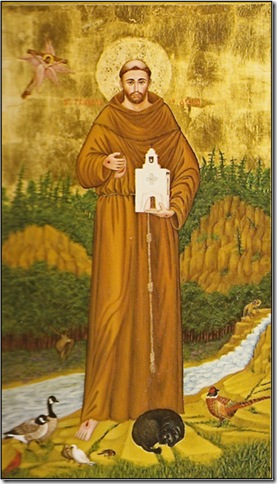Like every human organization the Church is constantly in danger of corruption. As soon as power and wealth come to the Church, manipulation, exploitation, misuse of influence, and outright corruption are not far away.
How do we prevent corruption in the Church? The answer is clear: by focusing on the poor. The poor make the Church faithful to its vocation. When the Church is no longer a church for the poor, it loses its spiritual identity. It gets caught up in disagreements, jealousy, power games, and pettiness. Paul says, "God has composed the body so that greater dignity is given to the parts which were without it, and so that there may not be disagreements inside the body but each part may be equally concerned for all the others" (1 Corinthians 12:24-25). This is the true vision. The poor are given to the Church so that the Church as the body of Christ can be and remain a place of mutual concern, love, and peace.
Henri Nouwen, from Bread for the Journey
I've been thinking about what we've been saying about poverty recently - see my last few posts, and the links and comments - and what Nouwen says here seems profound far beyond the present discussion. It seems to go the root of revival and renewal in the Church: there seems to be a cycle, almost, whereby the church grows fat and worldly, and people have to go back to the poverty of Christ, and standing there, call out to the rest of us, "And what does the Lord require of you? To act justly, and to love mercy, and to walk humbly with your God." (Micah 6.8 NIV) It happened with the Desert Fathers, with St. Francis, with the Wesleys, with the Catholic Worker Movement, with the Sojourners, and with many many others throughout the history of the Church, quiet workers of renewal as much as, or more than (usually unwilling!) founders of new denominations.
The poor are not objects of "charity" for the Church; they are not projects or statistics, still less embarrassments: they are its heart and its purpose - just as Christ's poverty, his emptiness (Philippians 2.7-8) is not the result of accident or chance, but lies at the very centre of his work of salvation: his becoming obedient to the point of death - even death on a cross.

